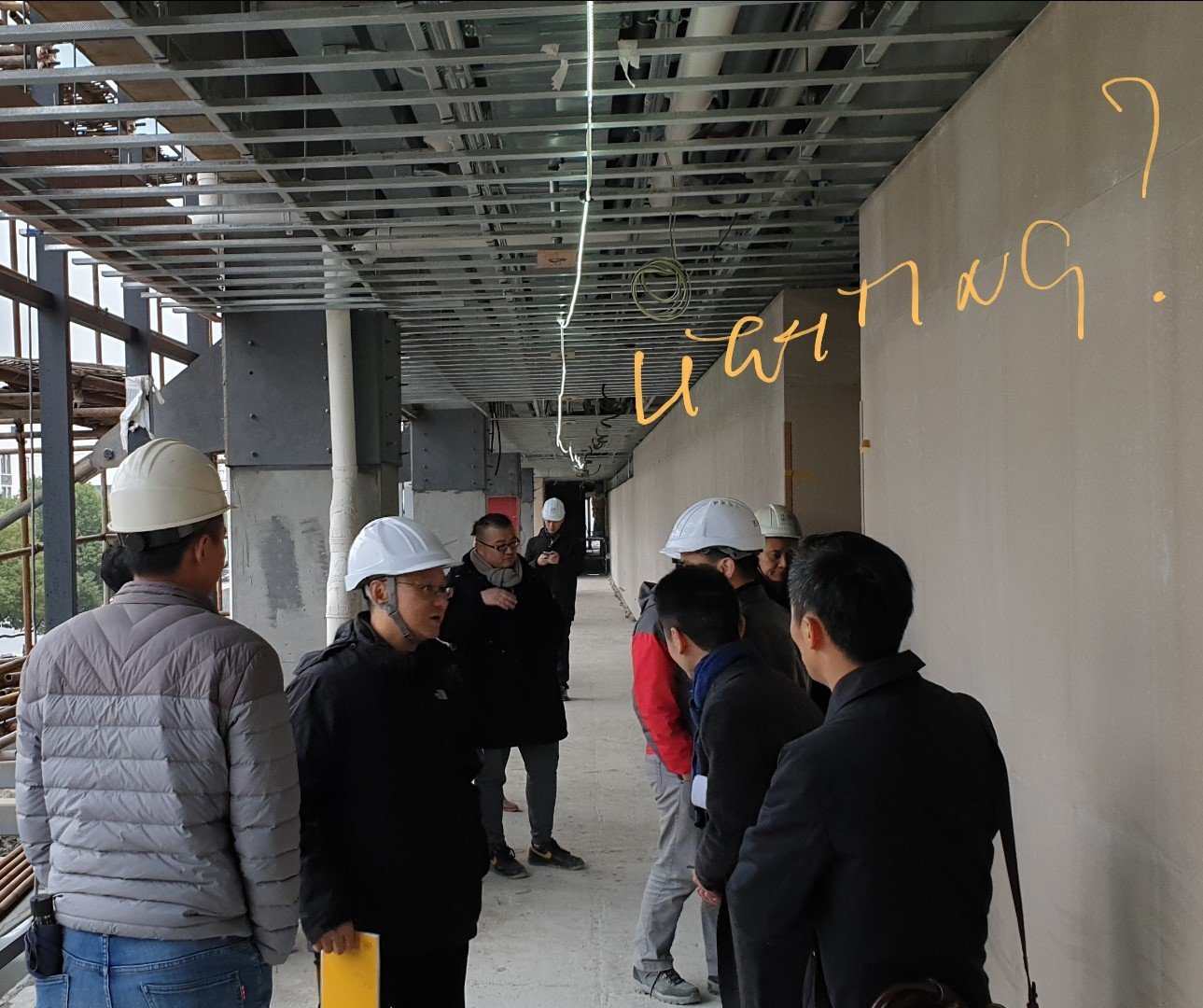Mind Games
Site discussions during a walk about explaining what is to be expected
While lighting design is very much a matter of time management, it is also very much a matter of mastering the mind game or in other words managing expectations. Most of the time we design our lighting in a virtual world with nothing else available then your imagination, or capability to visualise how the lighting is going to look like.
Yes, we use mood images, we do renders we provide sketches, installation drawings and so on, but how many of your clients have actually the proper capability to understand what you have conceptualised and are presenting to them. Your fellow designers (architects, interior designers, landscapers, etc) generally do but they are not the end user let alone the paymaster of your services.
It often comes down to the final installation (thank god, we do mock up rooms in hotels, or visual mock ups for certain critical lighting installations) for your client to realise and see for the first time what you have designed in real life! Clients may have signed off on your design, but when they finally see it in reality, they might find the colour to cold or warm, the light too bright or too dim, the overall effect not like they had imagined it to be, regardless how “accurate” your render might have been. It often does not fully register until they see the real thing.
That’s why I call this the mind games, as you need to manage your clients’ expectations, lead them up to the final installation, keep them engaged in the process. It’s generally all up to the communication. Unfortunately we do not always have a direct line to the client, nor the insight in the commercial aspects that drive a project. So, the “mind games” also revolve, or should I say always revolve, around money. In the end any change decision will have a cost implication.
Mastering these mind games is an art by itself. Even though you might be on the right side of your contract with the client signing off on your “virtual” design, if in the end they are not happy you will need to find a way around it…for the long term of your relationships, politics and diplomacy are likely to be the key ingredients to resolving that …

